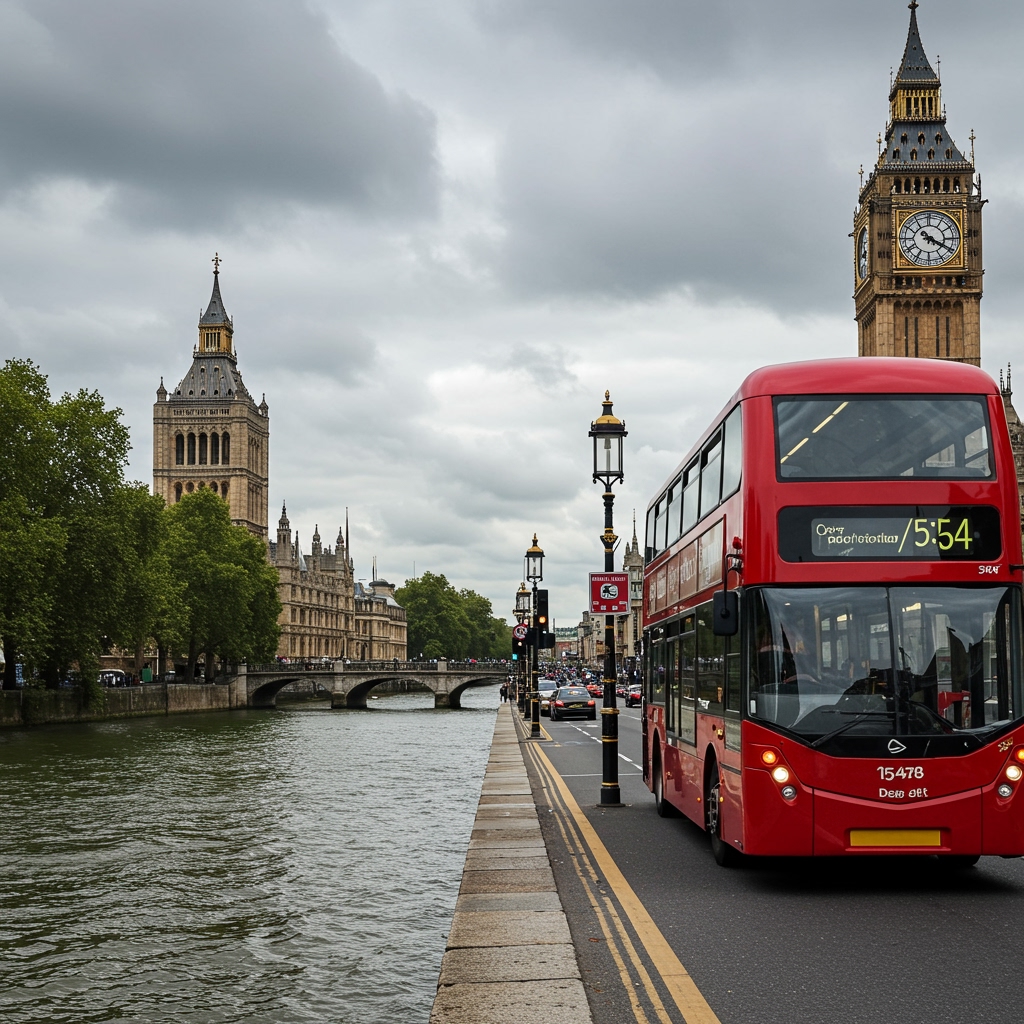London has significantly elevated its security posture and entered a period of heightened alert status, a decision prompted by the rapidly intensifying tensions in the Middle East. This strategic move underscores the growing apprehension within Whitehall regarding the volatile geopolitical landscape following recent developments involving the United States and Iran.
According to a report published by the Financial Times, which cited confidential government sources, the British authorities were placed on high alert status as the situation in the Middle East deteriorated. This escalation in readiness reflects the deep concern at the highest levels of the UK government about the potential ramifications of the ongoing confrontation.
Emergency Committee Convened
The gravity of the situation necessitated an urgent meeting of the government’s emergency committee, widely known as Cobra. The Cobra committee, a forum typically convened during national crises or emergencies, was chaired by Prime Minister Keir Starmer. The meeting served as a critical platform for senior government officials to assess the unfolding events and deliberate on potential responses.
A central focus of the Cobra deliberations was the escalating tensions between the United States and Iran. Specifically, the committee discussed the potential for a US military strike against Iran. Such an action would represent a significant escalation in the already fraught relationship and carries substantial risks for regional and international stability.
Assessing the Risk
Members of the Cobra committee did not mince words in their assessment of the prevailing conditions. They collectively deemed the situation to be “very unstable and dangerous.” This characterisation highlights the perceived risk of miscalculation or unintended consequences that could quickly spiral into a wider conflict.
The discussion delved into potential actions that could be taken by US President Donald Trump in response to the crisis. Key considerations included the possibility of President Trump deciding to support Israel more directly in its engagements and the potential for broader US military intervention in the conflict. The potential scope and implications of such interventions were thoroughly examined by the UK’s top security and defence officials.
The Diego Garcia Option
One specific operational possibility discussed during the Cobra meeting involved the potential use of the joint British-American military base located on Diego Garcia island in the Indian Ocean. Diego Garcia holds significant strategic importance as a key logistical and operational hub for both the United States and the United Kingdom, particularly for operations in the Middle East and Asia.
The discussion surrounding the use of this base suggests that British officials were considering the operational support role the UK might be asked to play in the event of a US military action. However, the Financial Times report indicated that London has reportedly not yet given clear approval for such an operation. Crucially, Washington has also not yet made a specific request regarding the use of the base or other forms of direct British military assistance in the context of a potential strike against Iran.
UK’s Delicate Balancing Act
The United Kingdom has, thus far, sought to navigate a complex and delicate path, largely avoiding direct involvement in the recent spike in tensions between Iran and Israel. This stance reflects London’s effort to balance its strong alliance with the United States and its support for Israeli security with its own strategic interests, including maintaining diplomatic relations with Tehran.
Maintaining the UK embassy in Tehran is a key priority for London. The UK government has publicly articulated its position that it “does not intend to take any action that could lead to the closure of the embassy in Tehran.” This statement underscores the UK’s desire to preserve diplomatic channels and avoid actions that could be perceived by Iran as overtly hostile or provocative, potentially leading to a breakdown in relations.
Official Silence on Specifics
In response to inquiries regarding the specifics of the Cobra discussions and the potential for British involvement, a UK government representative declined to comment on the details of what was described as a “hypothetical operation.” This official silence is typical in situations involving sensitive national security discussions and potential military actions, reflecting a desire to avoid speculation and maintain operational security.
Broader Global Implications
The emerging global tension, particularly centered around the potential for conflict between the US and Iran, is widely viewed as a serious test for the existing international political balance and overall global security architecture. The potential for regional conflict to widen, drawing in other actors and disrupting vital shipping lanes and energy supplies, is a source of significant concern worldwide.
European officials, in particular, are closely monitoring the situation. The proximity of the Middle East to Europe, coupled with potential impacts on energy markets, migration flows, and the broader security environment, means that developments in the region have immediate and significant implications for the European continent. The coordinated efforts among European nations to de-escalate the situation and find diplomatic pathways underscore the shared understanding of the risks involved.
The heightened alert status in London serves as a tangible indicator of the far-reaching consequences of the Middle East crisis, signaling that governments beyond the immediate region are preparing for potential ripple effects and assessing their own positions in a rapidly shifting geopolitical landscape.





